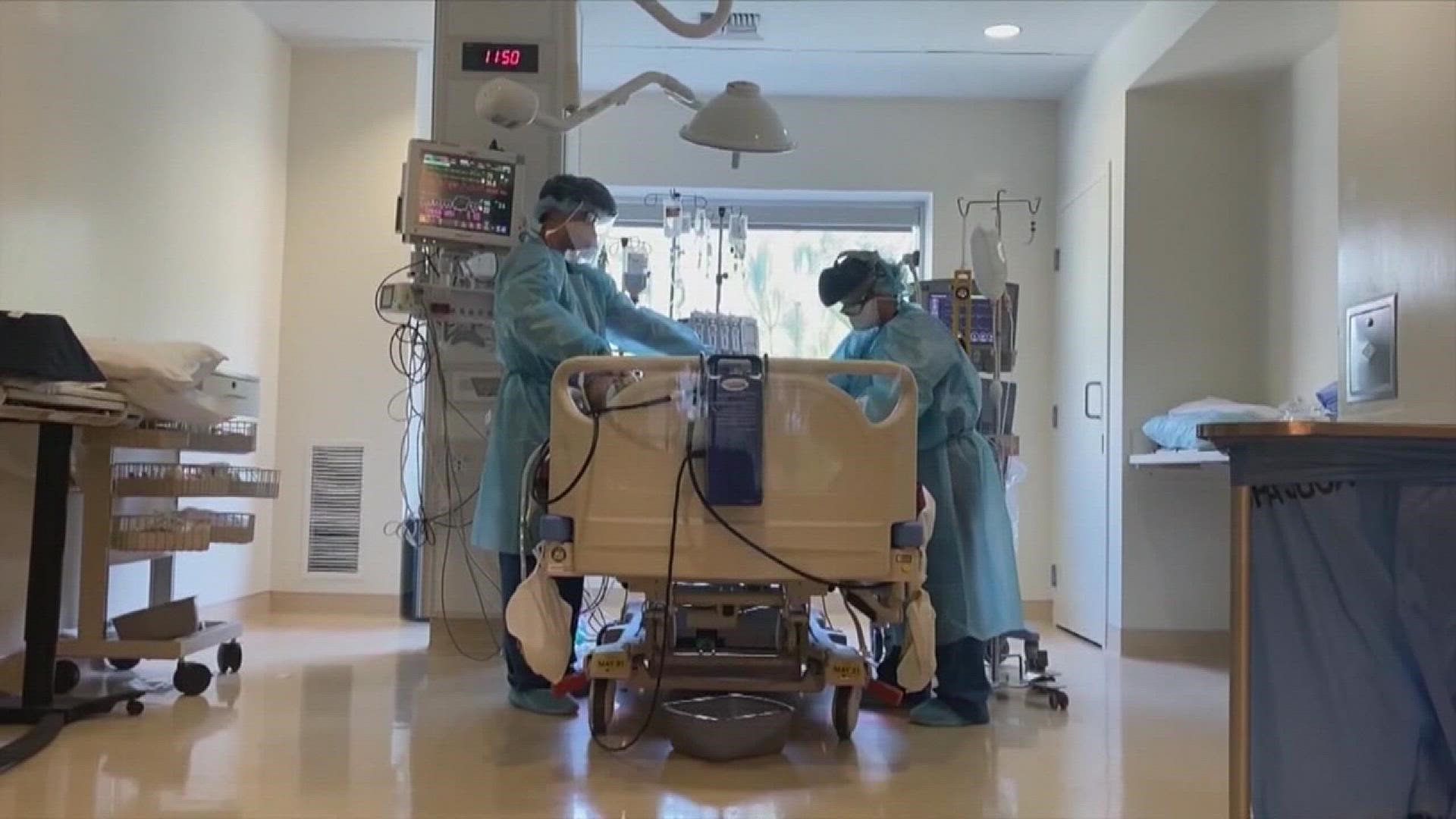MEMPHIS, Tenn. — When it comes to race, there are many health disparities that exist.
Breast cancer is no different.
Black women are diagnosed at earlier ages, have more aggressive diagnoses, and are more likely to die from the illness.
Now one breast cancer group for women of color is making sure no questions go unanswered.
The diagnosis, the treatment, and the recovery are only part of the battle.
“In 2015, I was diagnosed with an aggressive form of breast cancer called triple negative. I was 38-years-old,” said Tiah Tomlin-Harris, My Style Matters Executive Director.
“I actually felt an initial lump in my breast,” said Marie Hogan, a breast cancer survivor. “The mammogram came back and showed there was no evidence of any kind of disease. A whole year passed, and in 2016… I was diagnosed with stage 2 breast cancer.”
They are two women with two different stories, but they both sought support from others who look like them.
“I was just a young 38-year-old Black girl who had questions about the disease as it pertains to being a Black woman and being young,” said Tomlin-Harris.
She started her own Facebook group, “My Breast Years Ahead.”
“Instead of saying my best years, it’s my breast years,” said Tomlin-Harris. “I wanted to create a safe space for women to connect, to ask questions, to just love up on each other.
Starting in Atlanta, that love spread all the way to Memphis to Hogan.
“I looked and looked around in the Memphis market for a breast cancer support group. What I found is that after people get past the diagnosis and the treatment, groups pretty much go blank,” said Hogan.
In some groups, Hogan was the only Black woman.
“It was important for me to connect with a group I could get information from…people who looked like me, sounded like me, and have the same experiences as me,” said Hogan.
My Breast Years Ahead seeks to answer an overarching question.
“What is the Black breast cancer experience,” asked Tomlin-Harris. “When you look at the disparities and you look at social determinants of health, we have needs around housing. We have needs around childcare.”
Clean beauty is also another need.
“A lot of the makeup products and hair care products really have an effect on us, especially when they have synthetic chemicals that mimic estrogen… When you look in our communities, you see beauty supply stories on practically every corner. We educate them and give them the tools to find better alternatives,” said Tomlin-Harris.
“There is a light at the end of the tunnel,” said Hogan.
It is a tunnel with support.
“No sister walks this journey alone,” said Tomlin-Harris.

